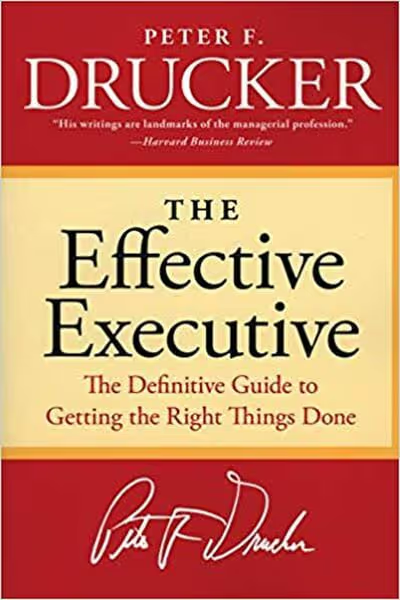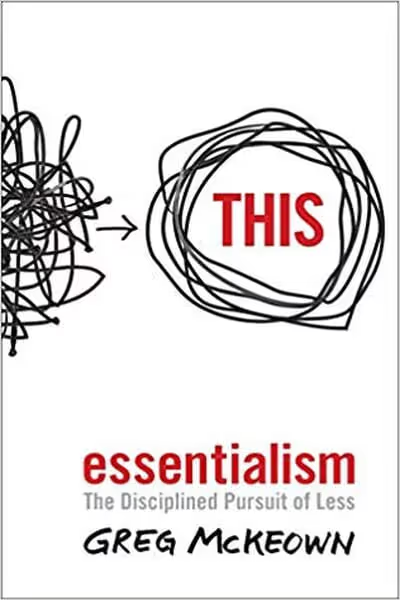Double Down
Mark Halperin and John Heilemann chronicled the complete drama of Barack Obama's unlikely, dazzling win over the Clintons, John McCain, and Sarah Palin in their smash book Game Change. Double Down picks up the story in the Oval Office, where the president is beset by inherited and unforeseen crises—facing defiance from his political foes, voter disenchantment, disdain from the nation's powerful money makers, and dysfunction within the West Wing—with the same masterful reporting, unparalleled access, and narrative skill.
As 2012 approaches, Republican Party officials, drooling over Obama's electoral weakness, see an opportunity to reclaim control of the White House—and the country. So, what went wrong for the Republicans? How did Obama withstand the barrage of super PAC money and overcome the odds of a one-term presidency? Double Down follows Mitt Romney, the straitlaced, can-do, gaffe-prone multimillionaire from Massachusetts, through the garish carnival of GOP contenders—ambitious and flawed, renowned and notorious, charming and cartoonish—as he scraped and clawed his way to the nomination.
Double Down exposes gaffes, squabbles, and manipulations far beyond the klieg lights of the campaign trail: Obama rushed out of a White House meeting after accusing his high command of treason. Romney's state of mind at the time of his polarizing "47 percent" comment. Chris Christie, the governor of New Jersey, was never going to be Mitt Romney's running mate for a variety of reasons. The intervention of the president's staff to save their master from political self-destruction. The way Barack Obama and Bill Clinton's tense truce became political gold. And the answer to one of the campaign's most perplexing mysteries: how did Clint Eastwood end up doing Dada dinner theatre at the Republican National Convention?
Mark Halperin and John Heilemann take the reader inside back rooms and closed-door discussions in Double Down, revealing the hidden history of the 2012 campaign for a panoramic picture of an election that was as hard-fought as it was long-lasting.
One way of seeing all this was as a symptom of postmillennial decay, the degradation of public discourse, and the encroachment of celebrity worship into the arena of national affairs. Another way of looking at it was as an indication of the GOP's state of disarray. Then there was the way Trump perceived the thing: as a manifestation of his magnificence...






















































